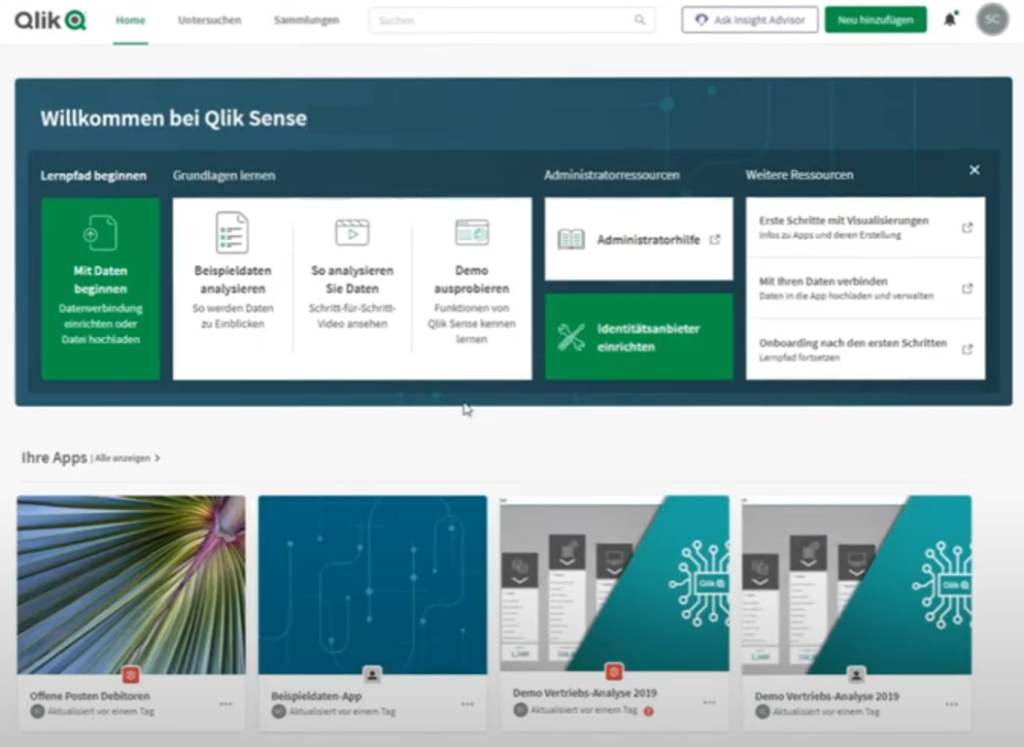Last year and its special circumstances have permanently changed many areas of our lives – including the business world. Since then, software-as-a-service (SaaS) solutions have become increasingly popular. With Qlik Sense Enterprise SaaS, BI provider Qlik offers companies optimal support on their way to the cloud.
During the last year, many companies have shed their reservations about cloud and online solutions. After all, these were instrumental in maintaining their operations at all during the pandemic – albeit in a virtual way. So in the meantime, most companies are increasingly praising the advantages (e.g. greater scalability and flexibility) of using SaaS products. They have also recognized that SaaS solutions provide much faster access to new technologies such as Augmented Analytics.
Users also need less expertise to deploy them, as they no longer need to build and maintain their own infrastructure and often benefit from increased computing capacity and a reduction in the total cost of ownership.
A trend towards more and more SaaS is also emerging for the future, which will generate an increased migration of databases and applications to the cloud. The ability to control a heterogeneous infrastructure across multiple clouds will also be important here. As the BI vendor’s roadmap shows, Qlik is therefore also already focusing on SaaS as one of the main pillars of its product strategy – including its Qlik Sense Enterprise SaaS analytics solution.
Full Qlik Sense functionality
The cloud version of Qlik Sense Enterprise is in no way inferior to the on-premise variant in terms of functionality. Qlik Sense Enterprise SaaS has a different entry page that , among other things, offers an removable overview of various help pages and the latest innovations in Qlik Sense. It also contains a summary overview of all apps for which the respective user has the appropriate access authorization. However, when it comes to creating apps, Qlik Sense Enterprise SaaS has no differences to the on-premise product, offering the same rich interface and ease of use.

Qlik Sense can also be deployed in a hybrid model, for example, if the benefits of the cloud version are to be enjoyed but sensitive data is to be used that is not to be uploaded to the cloud. Hybrid deployment can be very useful, especially for generating and using apps. For example, an app can be created in the on-premise installation and then uploaded to the local and cloud versions in parallel. The app does not have to be copied manually and automatically updates itself in both versions if changes are made.
